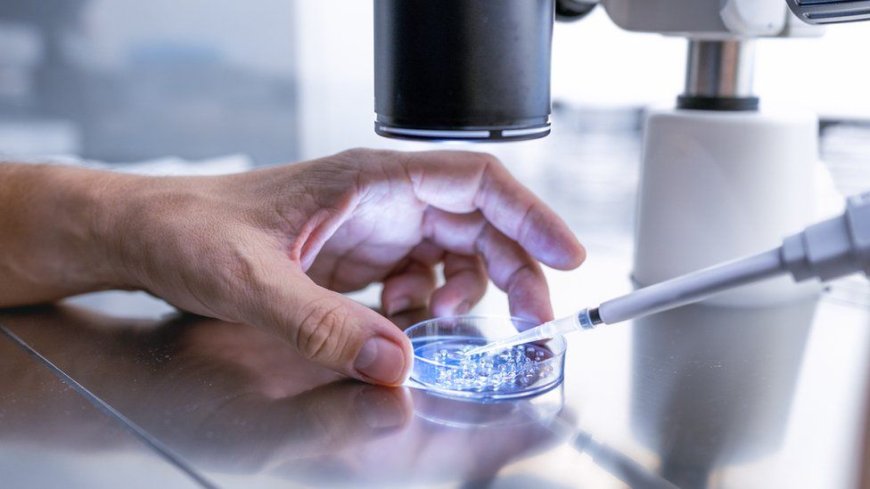Major Alabama hospital pauses IVF after court rules frozen embryos are children

A RULING from the Alabama Supreme Court that frozen embryos are considered children, and that a person could be held liable for accidentally destroying them, has opened up a new front in the US battle over reproductive medicine, reports the BBC.
The southern US state's largest hospital has paused its in-vitro fertilization (IVF) services in the wake of the decision, over fears it could expose them to criminal prosecution.
The University of Alabama at Birmingham health system said it would continue retrieving eggs from women's ovaries. But it said it would halt the next step in the IVF process, in which the eggs are fertilized with sperm before being implanted into the uterus.
"We are saddened that this will impact our patients' attempt to have a baby through IVF," the leading state medical provider said in a statement.
"But we must evaluate the potential that our patients and our physicians could be prosecuted criminally or face punitive damages for following the standard of care for IVF treatments."
Medical experts and reproductive advocacy groups warned the ruling could have negative consequences for fertility treatments in Alabama and beyond.
Conservative groups welcomed the ruling, arguing that even the tiniest embryo deserved legal protection.
Why did this lawsuit occur and what did the court rule?
The case stems from a wrongful death lawsuit brought by three couples whose embryos were lost at a fertility clinic in 2020.
A patient had wandered into the place where the embryos were stored, handled them, and accidentally dropped them. As a result, the embryos were destroyed.
The couples sought to sue the Center for Reproductive Medicine and the Mobile Infirmary Association under the state's Wrongful Death of a Minor Act. That law covers foetuses but does not specifically cover embryos resulting from IVF.
A lower court had ruled that the embryos did not qualify as a person or child, and that a wrongful death lawsuit could not move forward.
But in its ruling, the Alabama Supreme Court sided with the couples, and ruled that frozen embryos were considered "children".
The wrongful death law applied to "all unborn children, regardless of their location", the decision said.
Concurring with the majority opinion, Chief Justice Tom Parker wrote: "Even before birth, all human beings have the image of God, and their lives cannot be destroyed without effacing his glory."
